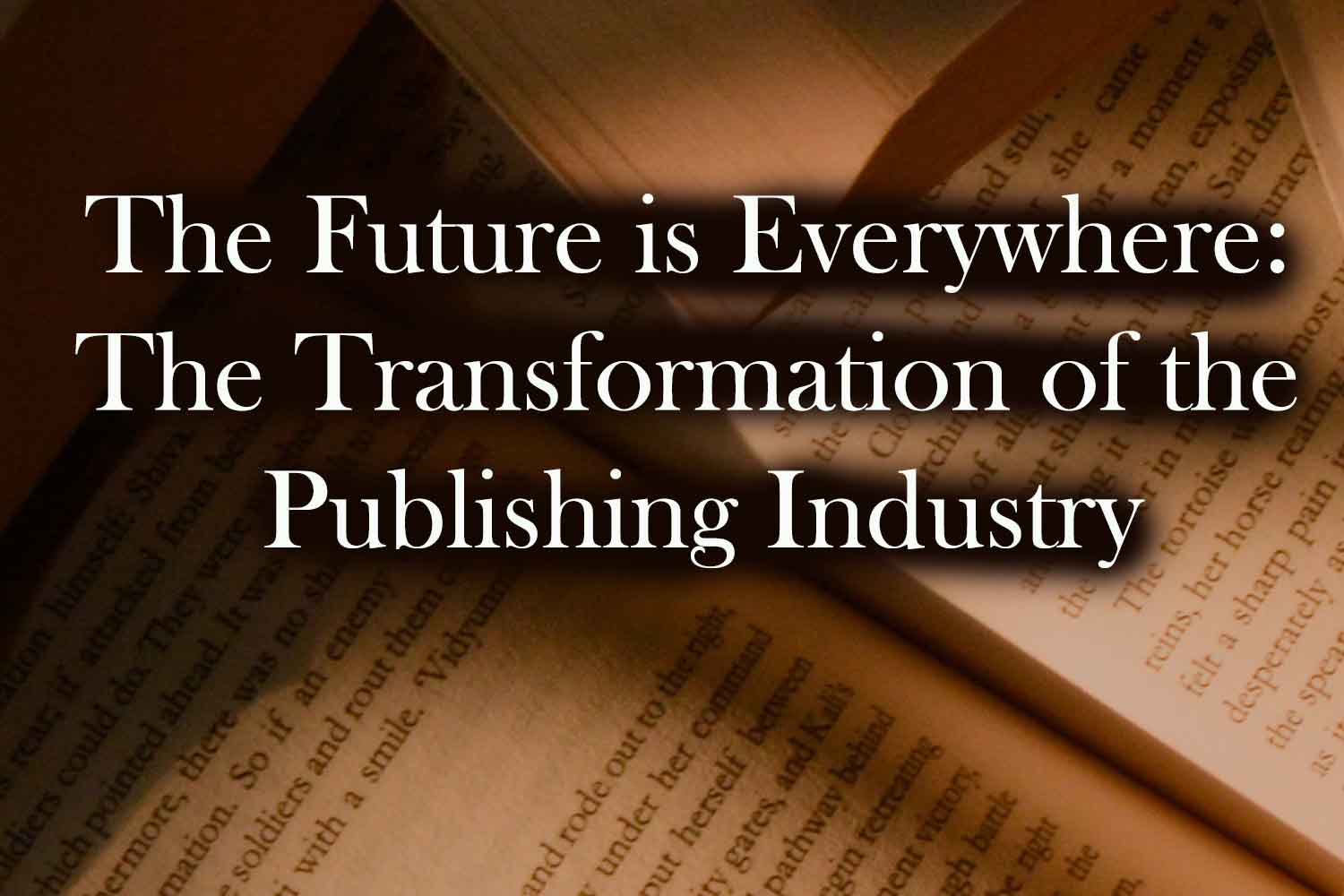The publishing industry has been undergoing a radical transformation over the past decade, and the future of publishing is looking brighter than ever before.
With advancements in technology, the rise of digital publishing, and the increasing demand for content, the future of publishing is everywhere.
Digital Publishing
One of the biggest shifts in the publishing industry has been the move towards digital publishing.
E-books, audio books, and digital magazines are becoming increasingly popular, as consumers look for more convenient and accessible ways to access content.
This shift towards digital publishing has opened up new opportunities for publishers and authors, as they can reach a global audience with ease.
It has also made it easier for self-publishing authors to reach a large audience without the need for a traditional publishing house.
Social Media Platforms
Another major trend in the publishing industry is the rise of social media.
Social media platforms like Facebook, Twitter, and Instagram are being used as a marketing tool for publishers and authors to reach their target audience.
With the ability to interact with followers and share content, social media has become a powerful tool for publishers and authors to promote their work and reach a wider audience.
Podcasting
The growth of podcasting has also had a significant impact on the publishing industry.
Podcasts are becoming a popular form of entertainment and education, with many listeners tuning in to hear authors discuss their work and share their ideas.
This has opened up a new avenue for publishers and authors to reach a large and engaged audience, and is set to become an increasingly important part of the publishing industry in the future.
Virtual And Augmented Reality
In the future, the publishing industry is also likely to see an increase in the use of virtual and augmented reality technologies.
These technologies will allow publishers to create immersive experiences for their audience, making reading and learning more engaging and interactive.
With the rise of these technologies, publishers will be able to create new and innovative ways to share their content, and reach a wider audience.
Self-Publishing
The future of publishing is also looking bright for independent publishers and self-publishing authors.
With the rise of digital publishing and the growing demand for content, it has become easier for independent publishers and self-publishing authors to reach a large and engaged audience.
In addition, advancements in technology have made it easier for independent publishers and self-publishing authors to market their work, and reach their target audience.
Niche Content
Another important trend in the publishing industry is the rise of niche content.
With the abundance of content available online, consumers are looking for more specialized content that caters to their specific interests.
This has led to an increase in the number of niche publishers and authors, who are able to reach a highly engaged and loyal audience.
These niche publishers and authors are also able to generate revenue through targeted advertising, sponsorships, and merchandise sales.
Artificial Intelligence (AI)
The use of artificial intelligence (AI) and machine learning is also set to play a big role in the future of publishing.
AI and machine learning technologies can help publishers and authors with content creation, editing, and marketing.
They can also help publishers to personalize content recommendations for their audience, based on their interests and reading habits.
This will lead to a more efficient and effective publishing process, as well as a more personalized reading experience for consumers.
Mobile Devices And The Internet
The future of publishing is also being shaped by the changing demands of consumers.
With the rise of mobile devices and the internet, consumers are looking for more convenient and accessible ways to access content.
This has led to an increase in the number of subscription-based models, where consumers can access an unlimited amount of content for a monthly fee.
This model is becoming increasingly popular, as it provides consumers with a more cost-effective and convenient way to access content.
Importance Of Sustainability
Finally, the future of publishing is also being shaped by the growing importance of sustainability.
With the growing concern for the environment and the impact of publishing on the planet, publishers are looking for ways to become more environmentally friendly.
This has led to an increase in the use of eco-friendly materials, such as recycled paper, and the use of digital publishing to reduce paper waste.
In conclusion, the future of publishing is exciting and full of opportunities.
With advancements in technology, the rise of digital publishing, and the changing demands of consumers, publishers and authors are well positioned to reach a large and engaged audience, and to shape the future of the publishing industry.
The future of publishing is indeed everywhere, and the opportunities for growth and innovation are endless.





